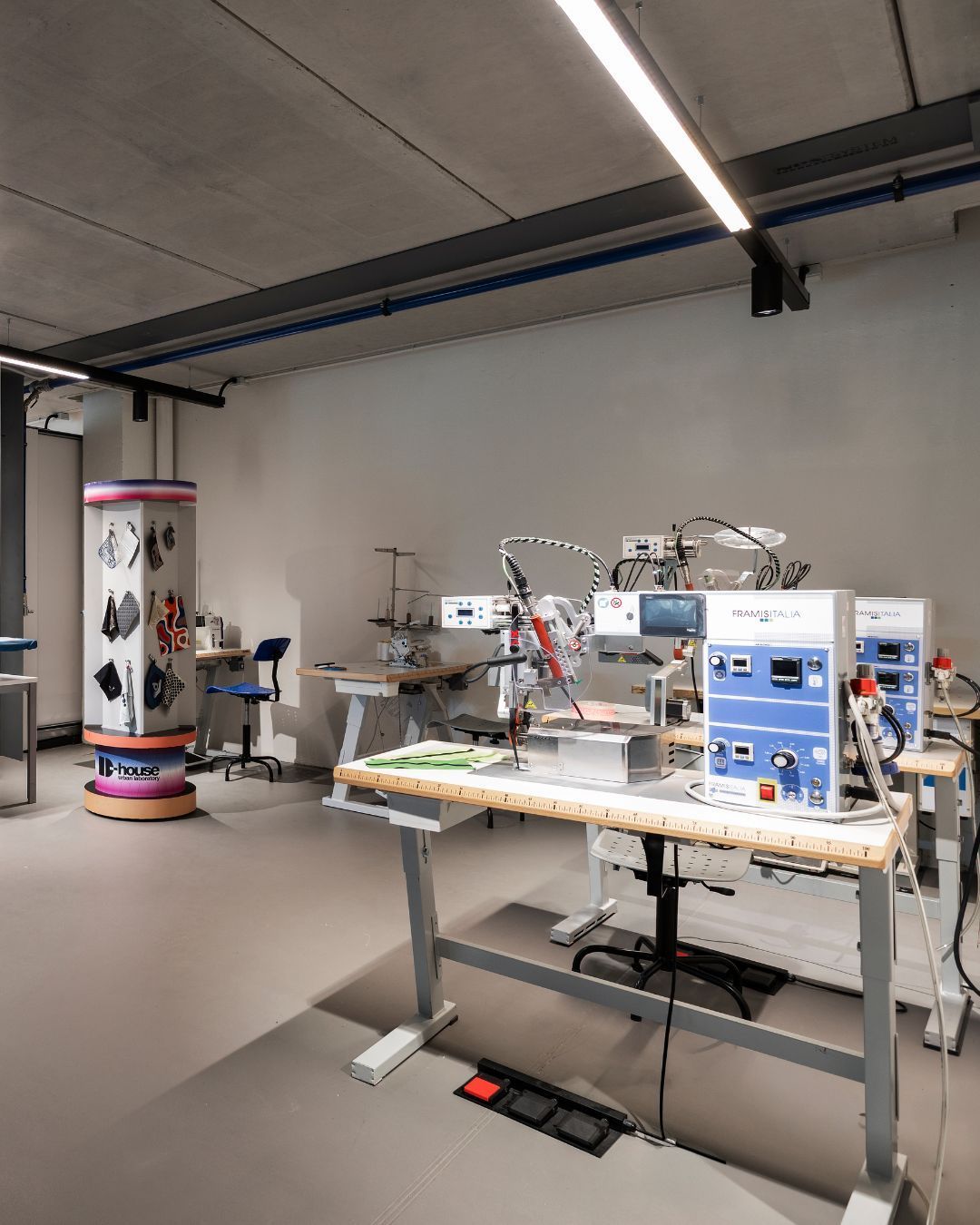
Myths to dispel about acne and make-up The whole truth about the connection between make-up and 'imperfect' skin
In the world of cosmetics, there is an ongoing debate about the relationship between make-up and acne: while some argue that the use of make-up can aggravate skin conditions, others believe that this relationship is more complex than it seems. In fact, the relationship between makeup and acne can be more complicated than a simple friendship or enmity. It depends on several factors, including the quality of make-up used, personal hygiene measures and individual skin sensitivity. In this article, we will take a closer look at this debate and analyse the myth and reality behind the relationship between make-up and acne.
Does make-up cause acne?
One of the most common myths is that regular use of makeup can cause or aggravate acne. However, experts point out that make-up alone is not the culprit. The key lies in the quality of make-up and hygiene measures. Poor or low-quality make-up may contain comedogenic ingredients that clog pores and promote the appearance of acne. In contrast, using high-quality, non-comedogenic products and carefully removing make-up before bed can be part of a routine that does not worsen the skin's condition.
Can make-up cover acne completely?
Some people believe that a thick layer of make-up is the perfect solution to cover acne. But this can only make the situation worse. If you apply too much make-up, blemishes can become more prominent and even clog pores, making acne even more obvious. The most important thing is to use make-up lightly and strategically, emphasising the positive aspects of the face and using concealer only where necessary.
Are skincare products enough to keep skin healthy?
Some people believe that skincare is enough to keep the skin healthy without the need for make-up. While good skincare is essential, makeup can definitely be used as an ally to boost self- confidence and protect the skin from external elements when outdoors, especially in the city. Always choose products that contain skin-friendly ingredients and remember to remove them thoroughly at the end of the day.
The key is to find a balance. When makeup is used properly and carefully, it can be a positive addition for many people, providing both aesthetic and emotional benefits. However, to avoid complications, it's important to know your skin's needs, use quality products and take proper hygiene measures. Here are some practical tips:
Choose high-quality products: Opt for non-comedogenic and dermatologically tested make-up.
Always remove make-up at the end of the day: Don't underestimate the importance of removing make-up completely before going to bed.
Prioritise daily skincare: A good skincare routine is important to maintain healthy, glowing skin.
@beatricegherardini 3 FONDOTINTA PER CHI HA L’ACNE
In summary, the link between make-up and acne can be mitigated through conscious choices and proper hygiene practises. Although there are still some myths surrounding this issue, it is possible to enjoy the benefits of make-up without compromising skin health.
nss G-Club has selected for you the most important products for the treatment and application of make-up on acne-prone skin



































































